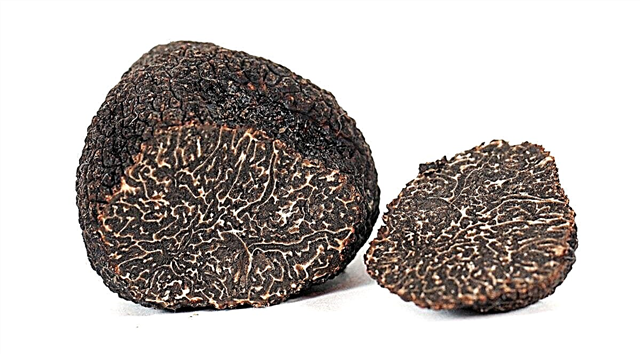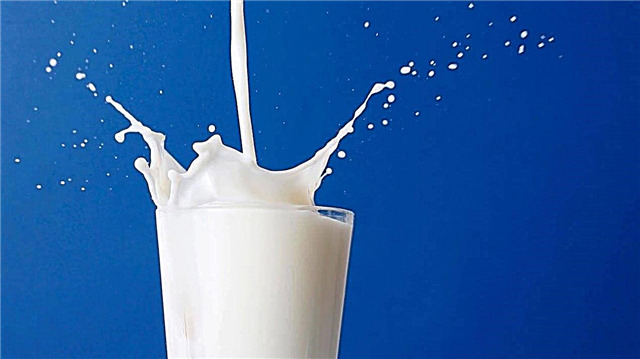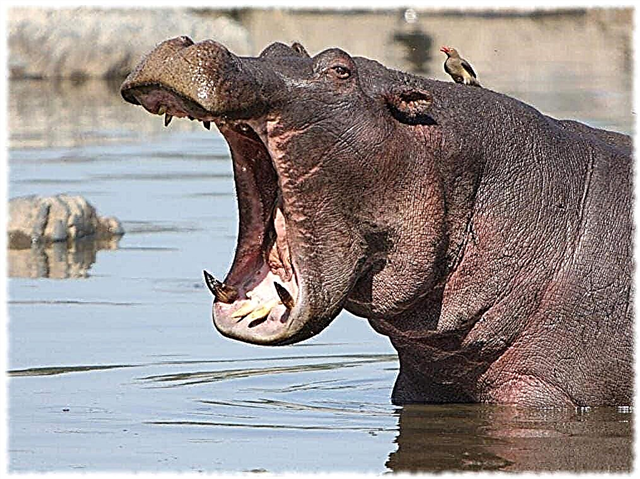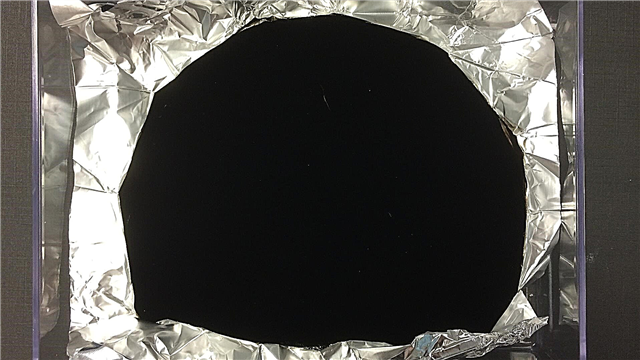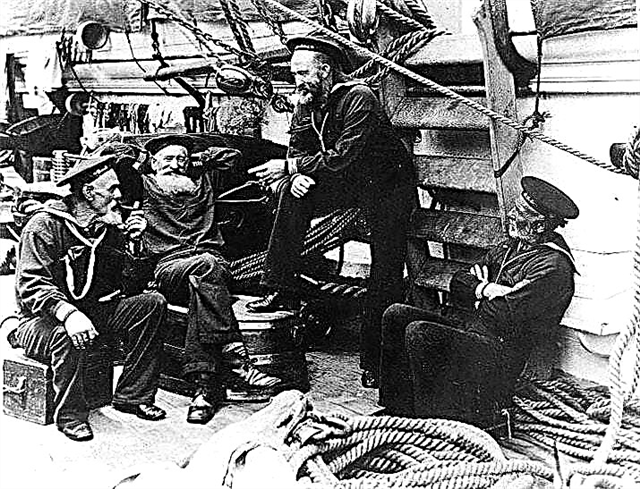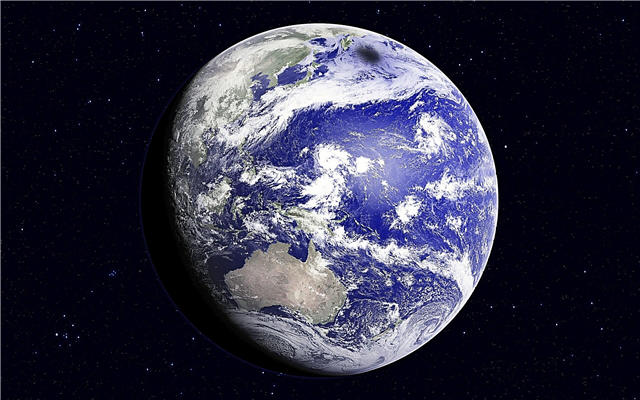
Is milk good? The Chinese are willing to argue with that! The product has a lot of vitamin D and calcium, and 97% of it is easily absorbed by the human body. But the inhabitants of the Middle Kingdom have to get the necessary amount of calcium from green herbs.
Are they such foodies? Is there simply not enough production capacity to provide the entire population? Or is there something else behind this fact? Why don't the Chinese drink milk and eat dairy products?
The origins of Chinese dislike for milk and dairy products
Dislike, or rather indifference to milk, developed among the people of China during the reign of the Tang Dynasty. The exclusion from the diet was caused by negative associations, because cattle breeders who were considered real barbarians received the product. A small amount of consumption was caused by much more practical aspects: the garbage climate did not allow animal husbandry to achieve great economic efficiency.
“So why waste time and money on things that don't make a profit?” - Probably, about such thoughts were visited by smart Chinese heads. And useful substances can be obtained in another way: calcium - from herbs, vitamins - from fish or from the sun, a lack of which is not observed in Asia Minor. And this led to the fact that milk turned into a product useless for the inhabitants of the Celestial Empire.
The main reason is the lack of lactose.
Milk contains complex sugar - lactose. Its digestibility is affected by the enzyme lactase.And it is precisely with its presence in the body, or rather, an insufficient number of Chinese people have problems. The reasons for the insufficient production of the enzyme are the area of residence and the receipt of useful substances (vitamins, calcium, etc.) necessary for normal life through other products. In this way, Celestial body cannot digest lactose, which leads to not very good consequences: upset stomach, diarrhea, problems in the gastrointestinal tract.
What do the Chinese drink instead of milk?

An alternative has been found to milk in China: in the Chinese diet, a product of animal origin replaces vegetable - soy milk. Its consumption in food is evidenced by a mural depicting a kitchen scene on a stone wall dating back to about 1200, and a written mention somewhere in 1500. Soy milk is less useful, but still it contains a lot of substances and trace elements that affect on the general state of human health on the positive side.
Interesting fact: Up to three years, any child, regardless of nation, has lactase in his body. Based on this, we can say that it is worth the Chinese babies drink cow's milk. But habit prevails.
Modern "milk history" of China
If you see regular milk in a store in the Middle Kingdom, then it is more suitable for foreigners. The Chinese themselves continue to treat him with caution or, rather, hostility, calling him "strange white water." Nor does the government’s policy help.The thing is that recently there has been a negative dynamics with population growth. The Chinese used to surpass their Japanese neighbors in this indicator, but now they have begun to concede, including in development.
In this regard, the School Milk program was launched, the slogan of which is: "200 ml of milk per day - 2 cm per month." This does not find a big response among the local population: the Chinese trust soy milk more.
Therefore, both products are produced in the country. They have been trying to expand cow production since the 80s of the last century in order to provide not only children and the elderly, but the entire population. But the development began about a century ago only. The production of soya product does not disappear from accounts and plans, because it has a number of advantages: stable demand for it, low cost and the ability to organize production anywhere.
The Chinese do not drink milk for two reasons:
- Milk does not bring Chinese benefits, but harm;
- The production of cow's milk is unprofitable, including due to climatic conditions;
However, given the current policy, it is likely that someday “strange white water” will nevertheless return to their diet.


